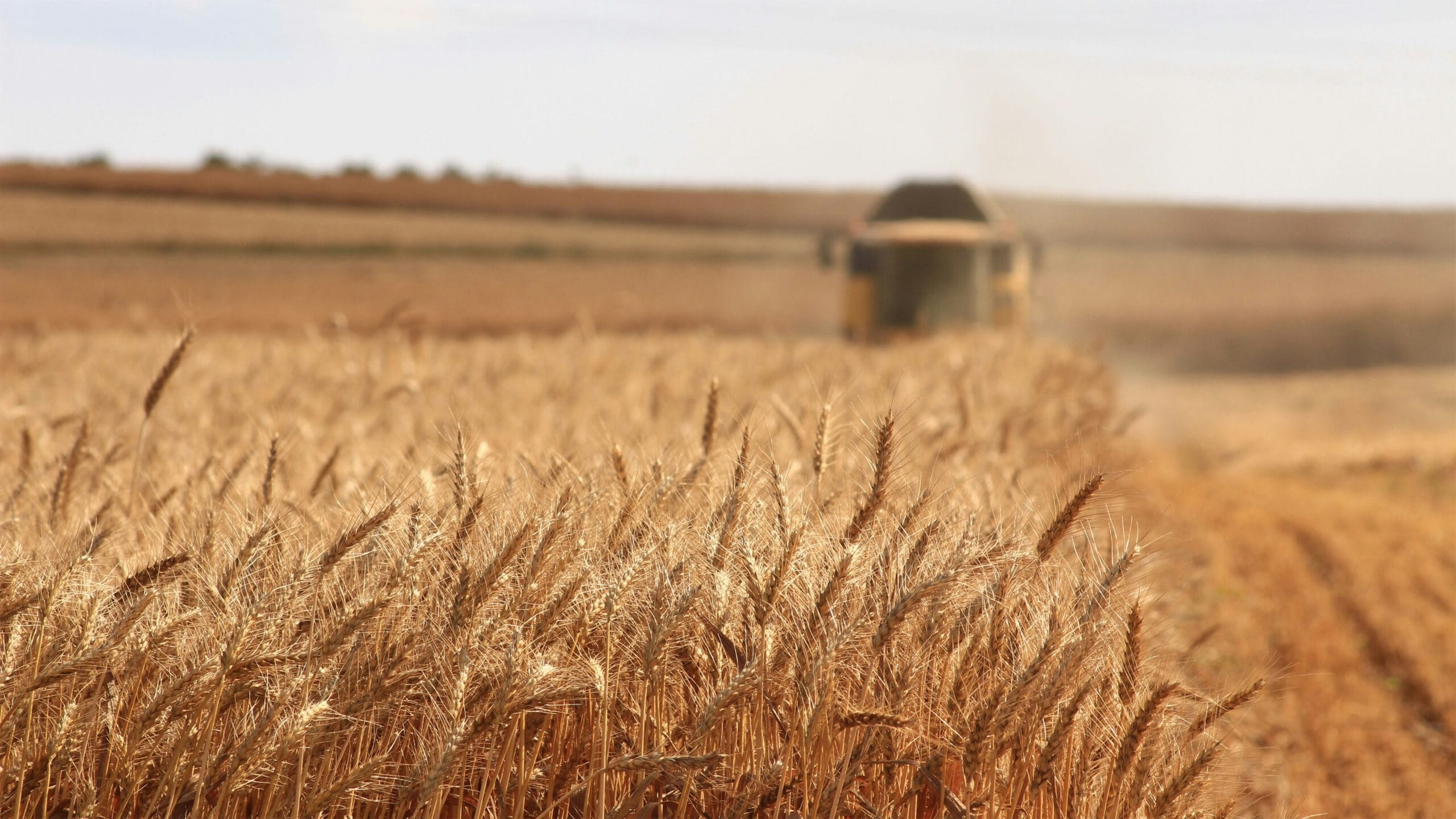Agricultural insurance, often referred to as farm or crop insurance, is a crucial financial tool designed to protect farmers against various risks that can adversely affect their agricultural production and income. This type of insurance is particularly important in the context of unpredictable weather patterns, market fluctuations, and other unforeseen events that can lead to significant losses for farmers.
Types of Agricultural Insurance
There are several types of agricultural insurance products available, each tailored to meet the specific needs of farmers:
- Crop Insurance: This is perhaps the most well-known form of agricultural insurance. It provides coverage for losses due to natural disasters such as droughts, floods, hailstorms, and pests. Crop insurance can be further divided into two main categories:
- Revenue Insurance: Protects against loss of revenue due to price declines or yield losses.
- Yield Insurance: Covers losses based on the actual yield compared to a predetermined level.
- Livestock Insurance: This type covers losses related to livestock due to diseases, accidents, or natural disasters. It ensures that farmers can recover some costs associated with losing their animals.
- Farm Combined Insurance: A comprehensive policy that combines various types of coverage into one package. This typically includes property damage, liability coverage, and protection against crop and livestock losses.
- Farm Motor Insurance: Covers vehicles used in farming operations against accidents and damages.
Importance of Agricultural Insurance
The significance of agricultural insurance cannot be overstated. For many farmers, especially smallholders who operate on tight margins, this insurance serves as a safety net that helps them manage risks effectively. Here are some key reasons why agricultural insurance is vital:
- Risk Management: Farmers face numerous risks including adverse weather conditions, pest infestations, and market volatility. Agricultural insurance allows them to transfer some of these risks to insurers.
- Financial Stability: By providing compensation for losses incurred during adverse events, agricultural insurance helps maintain the financial stability of farming operations. This stability is essential for planning future investments and ensuring sustainability.
- Encouragement of Investment: With a safety net in place through insurance policies, farmers may be more inclined to invest in new technologies or practices that could enhance productivity.
- Support for Rural Economies: Agricultural insurance contributes not only to individual farmer welfare but also supports broader rural economies by stabilizing incomes and promoting investment in local communities.
Challenges Facing Agricultural Insurance
Despite its benefits, there are several challenges associated with agricultural insurance:
- Awareness and Understanding: Many farmers lack awareness about available products or do not fully understand how they work. This can lead to underinsurance or non-participation in available schemes.
- Affordability: Premium costs can be prohibitive for smallholder farmers who operate on limited budgets. Finding affordable options remains a significant barrier.
- Complexity of Policies: The complexity involved in understanding different policies can deter farmers from purchasing necessary coverage.
- Climate Change Impacts: As climate change leads to more extreme weather patterns, traditional models used by insurers may become less effective at predicting risks accurately.
- Regulatory Frameworks: In many regions, inadequate regulatory frameworks hinder the development and uptake of agricultural insurance products.
Future Outlook
The future outlook for agricultural insurance appears promising as awareness increases and innovative solutions emerge in response to changing climatic conditions and market demands. Insurers are increasingly adopting technology-driven approaches such as satellite imagery for risk assessment and index-based insurances that provide quicker payouts based on predefined triggers rather than actual loss assessments.
Agricultural insurance plays a pivotal role in safeguarding the livelihoods of farmers while supporting food security globally. As the industry evolves with technological advancements and better regulatory support, it has the potential to significantly enhance resilience among farming communities facing an uncertain future due to climate change and economic pressures.







Leave a Reply